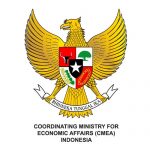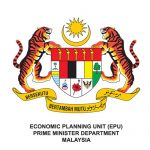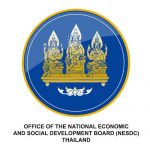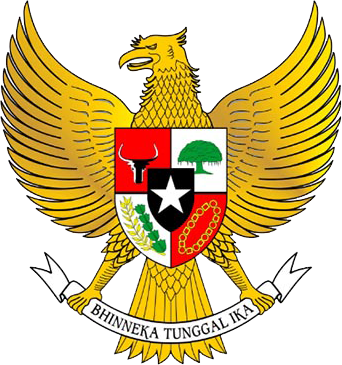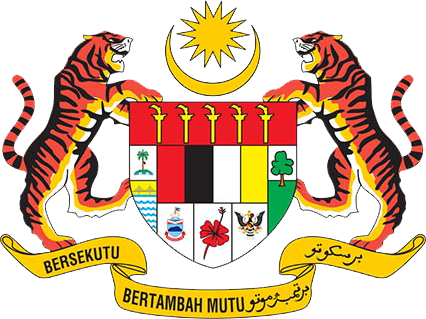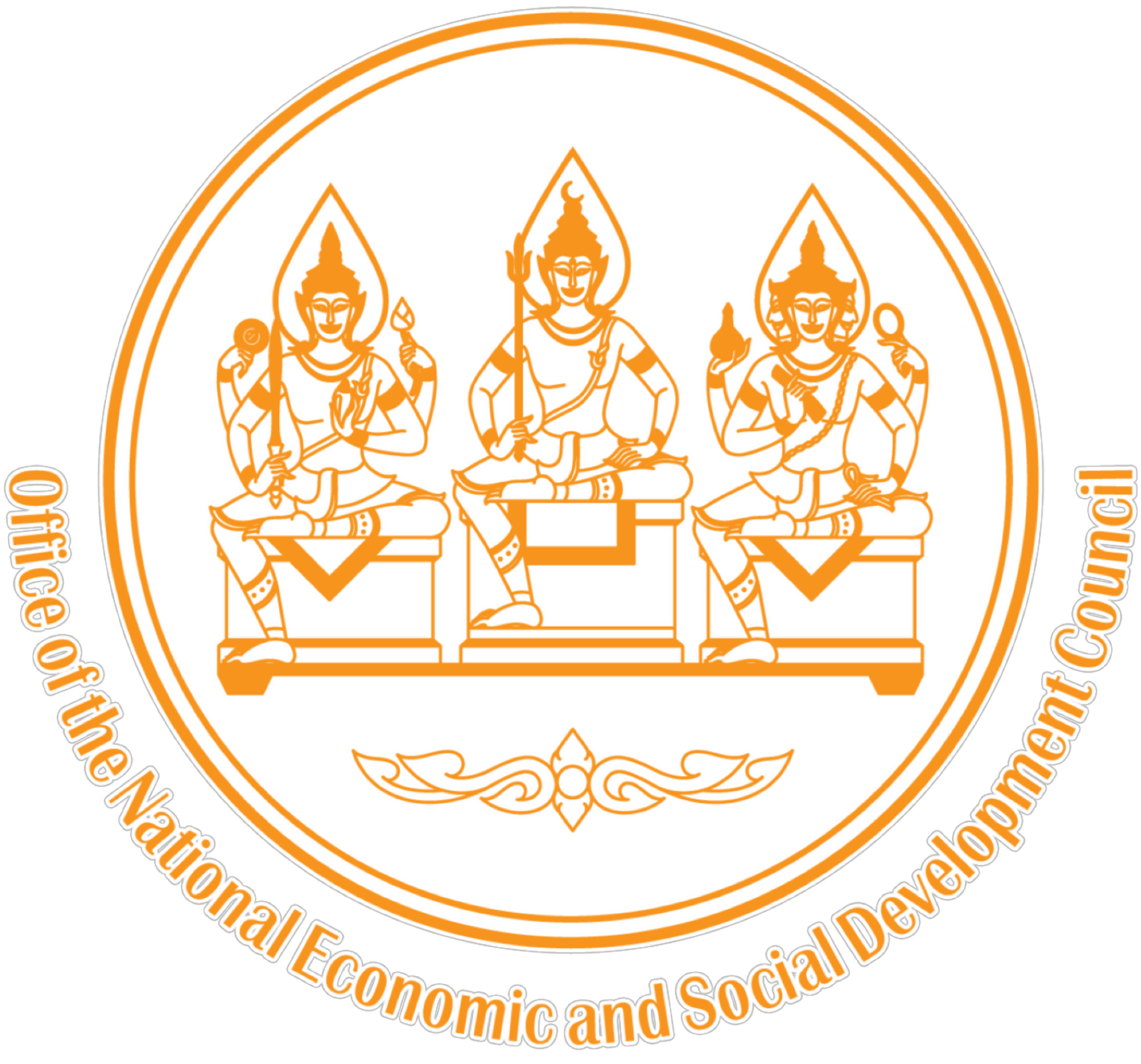IMT-GT INSTITUTIONAL SETUP
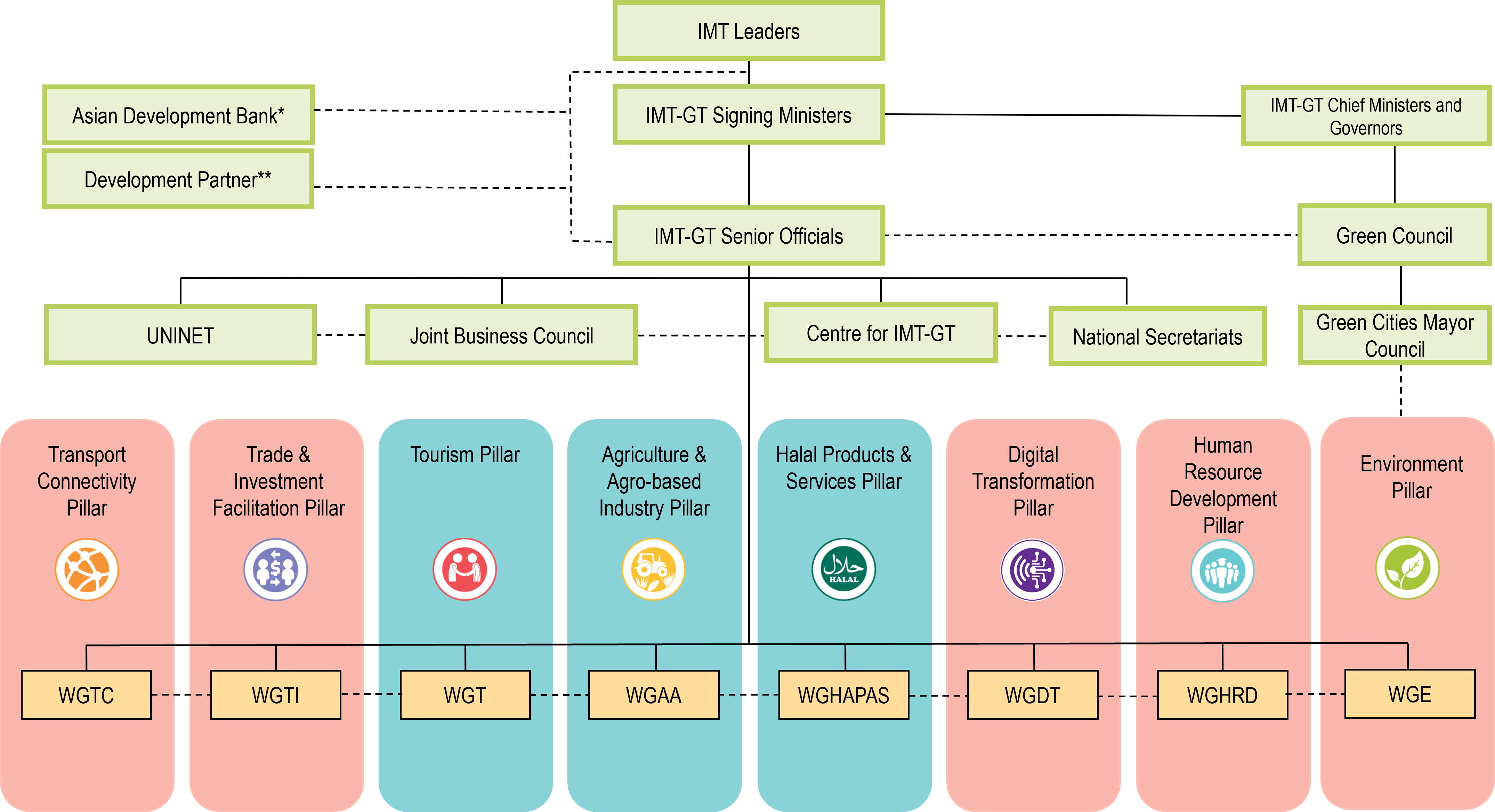

SECURING COHENSIVENESS THROUGH AN EFFECTIVE INSTITUTIONAL SETUP
The IMT-GT Leaders’ Summit is the highest decision-making body of the subregion. It discusses and creates policies for the subregion. It fosters consensus on IMT-GT issues like economic growth and social development and provides overall policy guidance on subregional cooperation and integration. This helps to coordinate all the relevant policy areas between the IMT-GT Member Countries and ensure smooth implementation of IB 2017-2021.
The IMT-GT Ministerial Meeting (MM) provides overall guidance and advice on the implementation of IB 2017-2021. The MM also provides guidance to address key issues and challenges of common interest and sets policy directions to achieve the goals and objectives of IB 2017-2021. The annual MM Retreat provides a useful platform for the IMT-GT ministers to candidly discuss major concerns and issues facing the implementation of IB 2017-2021 and exchange views on possible solutions.
The Chief Ministers and Governors Forum (CMGF) provides policy inputs to and collaborate closely with SOM and MM for effective implementation of IB 2017-2021 at local government level. It sensitises local governments in IMTGT on the goals, objectives, programmes and projects of IB 2017-2021. It also creates awareness among local governments about the opportunities and direct and indirect benefits of IB 2017-2021. As a prominent member of the Project Implementation Team, CMGF promotes bottom-up projects and insights for incorporation into IB 2017-2021. In close collaboration with local community and businesses, CMGF coordinates and facilitates IMT-GT projects at local government level. With CIMT’s support, CMGF coordinates the environmental cooperation agenda under the Environment Focus Area.
The IMT-GT Senior Officials Meeting (SOM) determines the implementation priorities and provides directions and advice on IB 2017-2021 to ensure coordination and integration of its guiding approaches, key measures and strategies. The SOM also oversees the overall implementation of the measures and strategies of IB 2017-2021 both in terms of timeliness and effectiveness. The SOM interfaces and engages with senior representatives of partner organisations and key industry leaders with the view of forging strategic partnerships with these entities and personalities and soliciting resources, expertise and technology crucial for the effective implementation of the measures and strategies.
The National Secretariats (NS) support the SOM in the operationalisation of IB 2017-2021. Respectively, they act as national focal point for the coordination and monitoring of IB 2017-2021 programmes and projects. The NS ensure IB 2017-2021 programmes and projects are included and prioritised in the national and subnational development plans and receive adequate policy and funding support from the national governments. The NS involve the provincial/state governments, private sector and other IMT-GT stakeholders in project identification, planning and implementation in accordance with the bottom-up approach advocated under IB 2017-2021.
The Working Groups (WGs) serve as SOM’s implementing arms in their respective Focus Areas under IB 2017-2021. To coordinate and facilitate the implementation of programmes and projects under the seven strategic pillars, the existing six sectoral Working Groups will be retained. Programmes and projects under the Environment Pillar will be driven by CMGF and facilitated by CIMT. The experience of the on-going Green City Initiative has shown that this is an effective arrangement. This will be an interim arrangement.
Over the longer term, a full-fledged working group on environment may be necessary. A Sub-Working Group on ICT is added to the WG on Transport Connectivity to coordinate and facilitate ICT connectivity programmes and projects. To highlight the role of education in HRD, the role of UNINET is recognised under a new “Education” area, which is added to the WG on HRD. To mainstream social-cultural cooperation, a cultural subworking group is added to the WG on HRD. A significant number of the social-cultural programmes (e.g., sports, youth exchange) are expected to be driven by UNINET.
Given the changes, the updated names of the six WGs are listed below. From time to time, where necessary, the existing terms of reference of the WGs may be updated or revised to ensure effective implementation of IB 2017-2021.
1. WG on Agriculture and Agro-based Industry
2. WG on Tourism
3. WG on Halal Products and Services
4. WG on Transport and ICT Connectivity
5. WG on Trade and Investment
6. WG on Human Resource Development, Education and Culture.
As the seven strategic pillars are inextricably linked, success of a project under one Focus Area is contingent on the performance of project(s) in other Focus Areas. This calls for closer cross-sectoral collaboration between the Working Groups. Depending on the needs of individual projects, convergence meetings between related WGs may be held to accelerate project implementation.
Inter-agency consultation and collaboration will be further improved. In addition to convergence meetings, ad hoc/ special inter-agency and inter-sectoral technical consultative forums will be organised to promote better sharing of project level technical information.
While the six WGs may be effective bodies to coordinate and facilitate project implementation, they are not suited to lead project implementation as they usually meet only once a year leaving projects unattended between meetings. In line with the recommendation of the Mid-Term Review of Implementation Blueprint 2012-2016, Project Implementation Teams (PIT) will be created under the WG structure to improve project implementation. The PIT will include private sector and local government representation. Relevant private sector champions or industry leaders will be strongly encouraged to be members of the team. To ensure clear accountability for specific deliverables, PITs are required to prepare implementation plans, set benchmarks, and develop indicators for monitoring project results. The role and responsibilities of each team member will be clearly spelt out and agreed upon by the members. Not all projects will need a PIT and its life span (usually finite and in tandem with project implementation timeframe) and member composition may vary from project to project. WGs will decide what project will need a PIT. In general, projects that are cross-border in nature which demand the involvement and support of multiple agencies at its implementation phase will require a PIT.
The IMT-GT Joint Business Council (JBC) will act as the focal point of the private sector with a clear mission of encouraging the private sector to pursue trade and investment opportunities created by IB 2017-2021. It will enlarge its membership base to include MSMEs, SMEs, social enterprises and high calibre players and representatives of large corporations. It will solicit, consolidate and prioritise policy inputs and project ideas from its diverse membership base for incorporation into IB 2017-2021. JBC members will be key implementers of IB 2017-2021 projects. As a key member of the Project Implementation Team, JBC will engage in regular dialogue with WGs, NS, SOM and MM to ensure issues and challenges related to the implementation of IB 2017-2021 are properly and promptly dealt with.
CIMT’s role is to initiate, advise, coordinate, facilitate, implement, monitor and evaluate IB 2017-2021 programmes and projects, as in line with its mandate stipulated under Article 6.4C of the Agreement on the Establishment of CIMT (2013).
- Initiate: CIMT’s role is to introduce new project ideas for incorporation under IB 2017-2021 and fresh processes and mechanisms that contribute to the effective implementation of IB 2017-2021
- Advise: CIMT acts as a regional think tank for IMT-GT. This requires CIMT to engage in research and advisory services to support the goals of IB 2017-2021
- Coordinate: CIMT plays the central secretariat role, coordinating intra and inter-IMT-GT programmes and projects of IB 2017-2021
- Facilitate: CIMT is required to facilitate stakeholder collaboration processes, including dissemination of relevant information, for effective and efficient implementation of IB 2017-2021
- Implement: In addition to the coordinative and facilitative roles, CIMT is entrusted to be an implementer of IB 2017- 2021 programmes and projects
- Monitor and evaluate: CIMT plays the lead role to mainstream and implement the results-based monitoring and evaluation system as outlined in the IMT-GT Project Manual. The aim is to capture the delivery of project outputs, outcomes and impacts under IB 2017-2021
To carry out these roles, CIMT is guided by the following core principles:
- Facilitate reciprocity: To make reciprocity credible and feasible in order that IMT-GT may optimise gains from IB 2017-2021 programmes and projects
- Inclusivity and impartiality: To adopt a participatory approach towards facilitating the implementation of IB 2017- 2021 to ensure the priority interests of all parties are taken care of and the benefits of regional cooperation and integration programmes and projects are optimised and equitably shared among the Member Countries.
IMT-GT needs the support of international development partners in achieving the goals set out in IB 2017-2021. This support may be in terms of expertise, technology, networks, market access and funding.
To this end, IMT-GT will further enhance its existing strategic collaboration with partner organisations such as the ASEAN Secretariat and Asian Development Bank and strive to forge new partnerships with potential institutions involved in the work on regional economic cooperation and integration and social development.
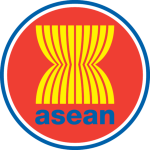
Being an important integration component of ASEAN, IMT-GT needs to closely track the developments taking place at the ASEAN level. To chart and implement its socioeconomic cooperation agenda for the next 20 years, IMT-GT will be mindful of the ASEAN Community Vision 2025 and the related policy measures outlined in the ‘ASEAN 2025: Forging Ahead Together’ as well as other emerging ASEAN initiatives.
IB 2017-2021 advocates the need for IMT-GT to align its strategies to ASEAN initiatives to realise its role as a building block of the ASEAN Economic Community (AEC). However, it also advocates for the subregion to find its niches beyond just being a delivery mechanism for ASEAN.
In this light, close interaction, consultation and collaboration with relevant ASEAN bodies is imperative in the course of implementing IB 2017-2021. The most effective and practical way of approaching this matter is for CIMT, as the subregional secretariat of IMT-GT, to connect and work closely with the ASEAN Secretariat, as the regional
secretariat of ASEAN. IB 2017-2021 places high priority on strengthening the institutional linkages between these two focal organisations.
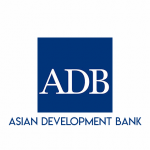
ADB has been involved in the IMT-GT initiative since its inception, and has been a Regional Development Partner and Development Advisor since 2007. ADB’s support to IMT-GT covers a wide range of technical assistance. It has been playing a key role as an adviser on policy and technical matters, an honest broker in facilitating partnership, and a mobiliser of funding. The partnership between IMT-GT and ADB has been productive and fruitful. The signing of the Cooperation Agreement between ADB and CIMT in September 2014 marked yet another milestone in the partnership. IMT-GT will continue to give high priority to strengthen its collaboration with ADB over the IB 2017-2021 period. IMTGT will continue to seek ADB’s support in the implementation of IB 2017-2021, including the areas of special border economic zones, sustainable urban development, capacity building for IMT-GT stakeholders, and promoting links with ASEAN.
To realise the goals of IB 2017-2021, IMT-GT will constantly seek to forge new partnerships or formalise partnerships with other institutional partners, such as, but not limited to the relevant specialised agencies of the United Nations, World Bank, Economic Research Institute for ASEAN and East Asia (ERIA), ASEAN Foundation, International Council for Local Environment Initiatives (ICLEI) – Local Governments for Sustainability and other like-minded national and international development organisations and NGOs.


